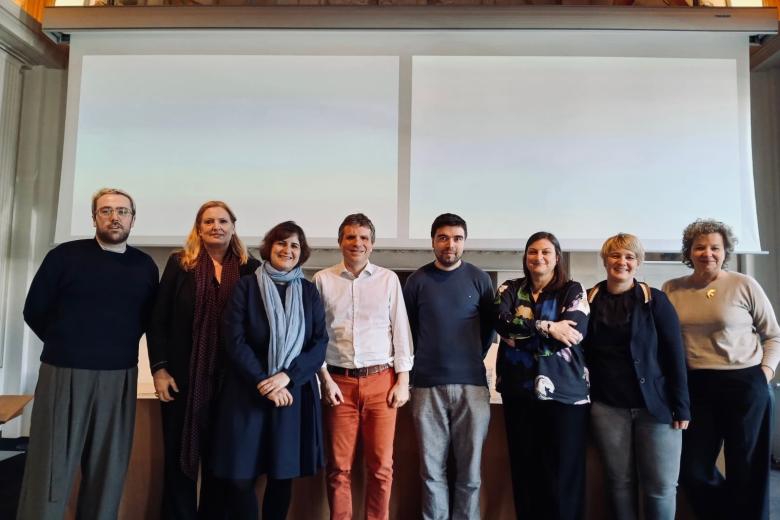The Copyright Protection of Fictional Characters: Mainland China Compared with the United States and Germany
Written by: Xin Li
Supervisors: Prof Dr Anselm Kamperman-Sanders and Dr Kalpana Tyagi
Keywords: Fictional characters, copyright, comparative study, cultural diversity, aesthetics
In novels, comics, and films, fictional characters are common elements performing plots. They are often used beyond the context of the assigned stories, chiefly in character merchandising and derivative works such as sequels.
The thesis asks whether and how copyright protects fictional characters in Mainland China.The Chinese Copyright Law is interesting because certain unauthorised uses of fictional characters are likely to infringe copyright, but such uses seem to be strategically tolerated. The categorial prevalence of infringing content needs confirmation and explanation.
To answer the research question, this thesis compares the Chinese rules with their counterparts in the United States and Germany in the EU legal framework. It finds that the unauthorised uses of fictional characters should principally infringe copyright in Mainland China. The prevalence of infringing content reveals that the Chinese Copyright Law balances economic and cultural interests in a dynamic state, like the balance in cycling.
Also read
-
Andrés Caceres Solari on No room for Human Rights in Gaza and Ukraine: How the Law Legitimizes Urban Devastation
Pick Our Brains Session with Andres Caceres Solari

-
Teacher Information Points at UM
UM faculties now host Teacher Information Points (TIPs) that offer local, “just-in-time” and on-demand support for teaching staff. The aim is simple: to provide help that is closely connected to day-to-day teaching practice.

-
Globalisation & Law Network seminar with Damian Chalmers
On 4 November 2025, the Globalisation & Law Network had the honour of welcoming Prof. Damian Chalmers to discuss his paper “The EU’s Governing by Legal Shadows”.
